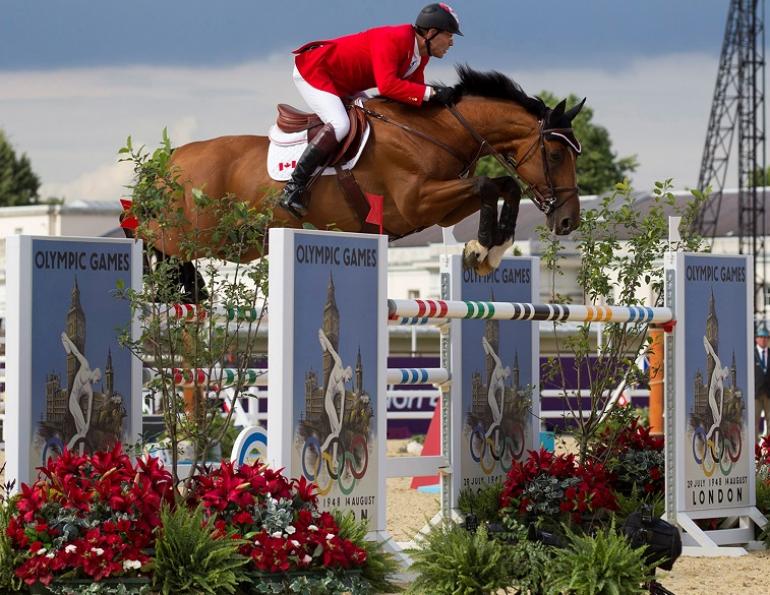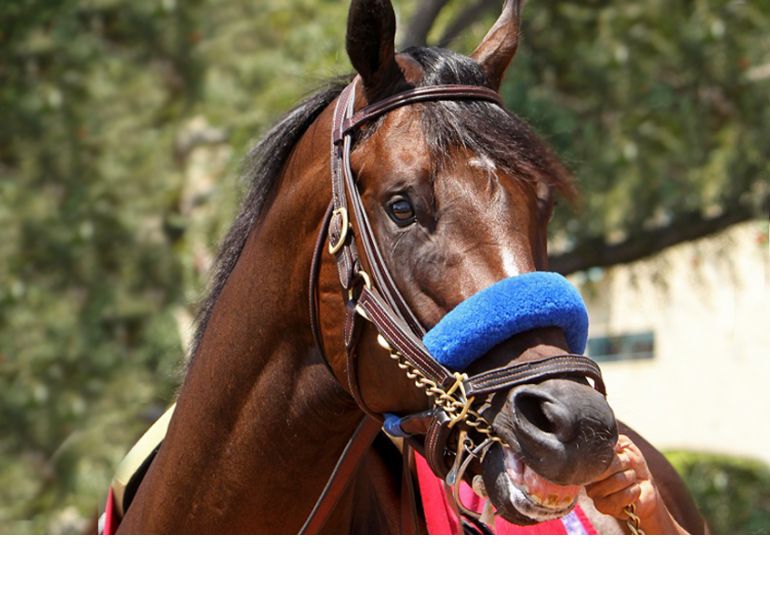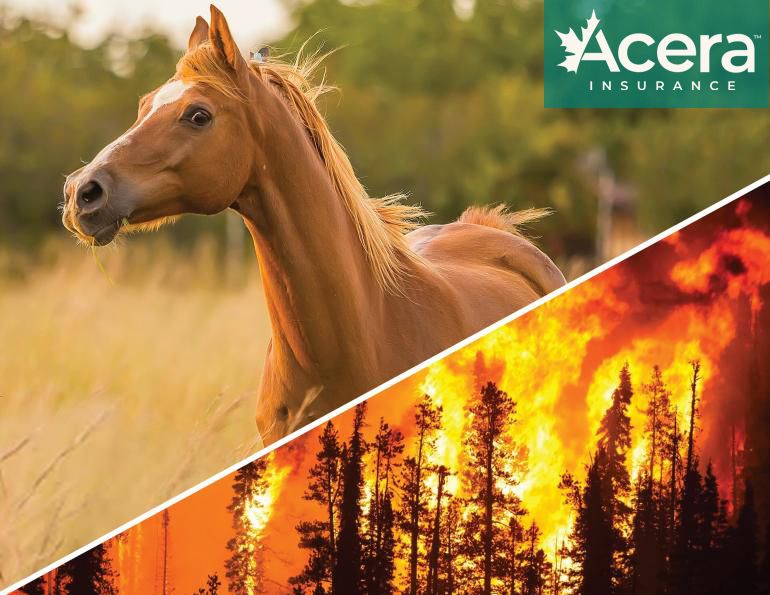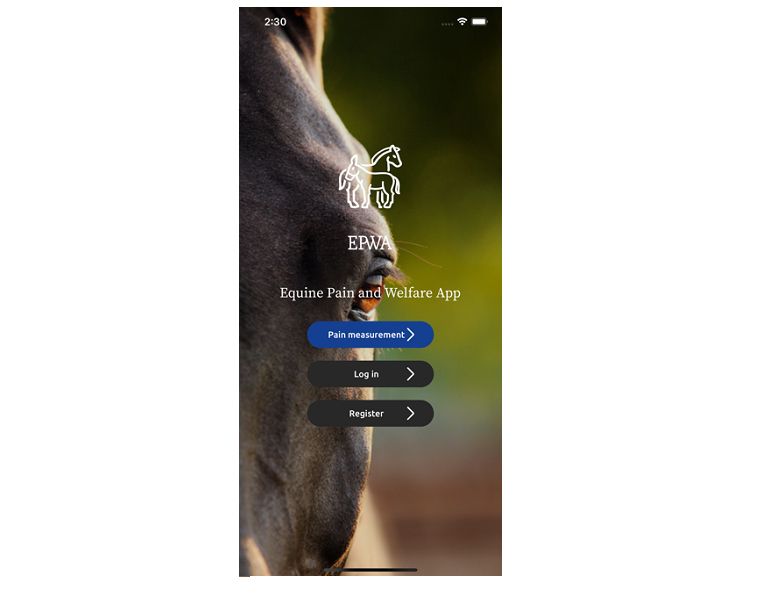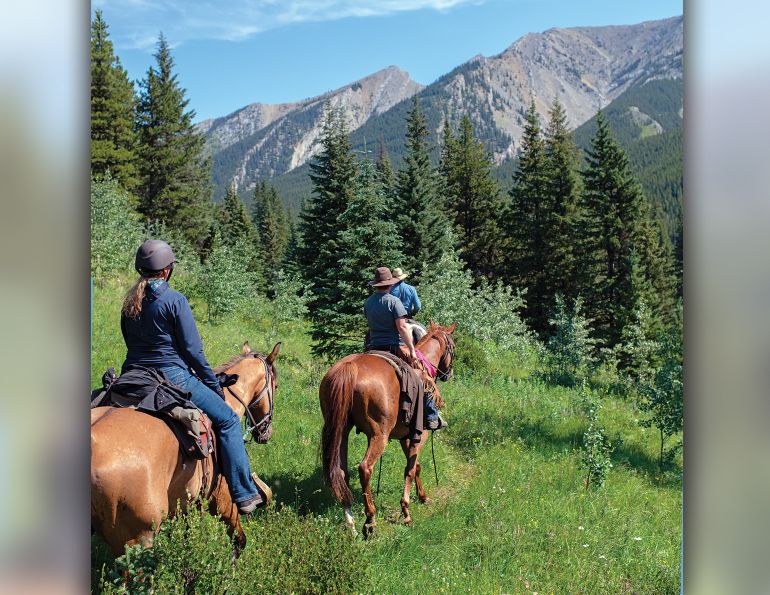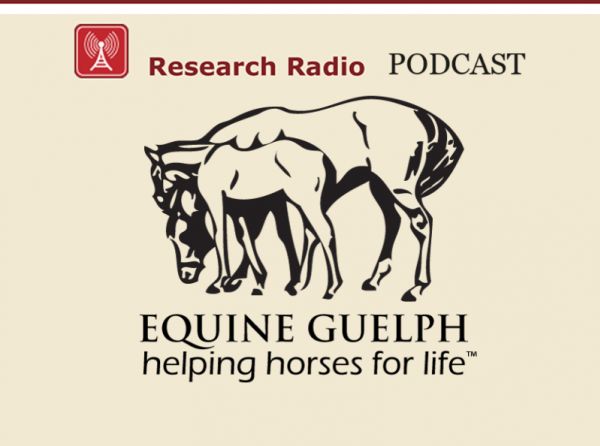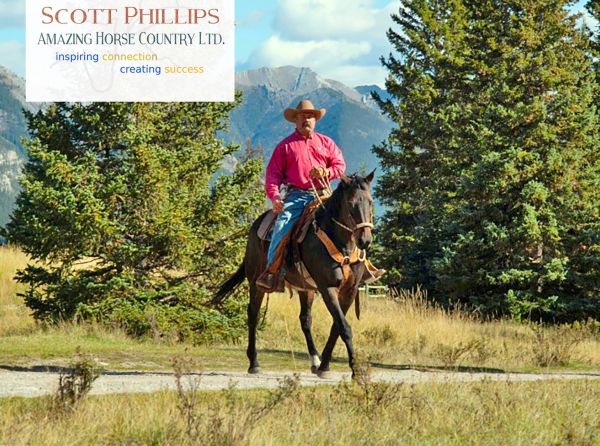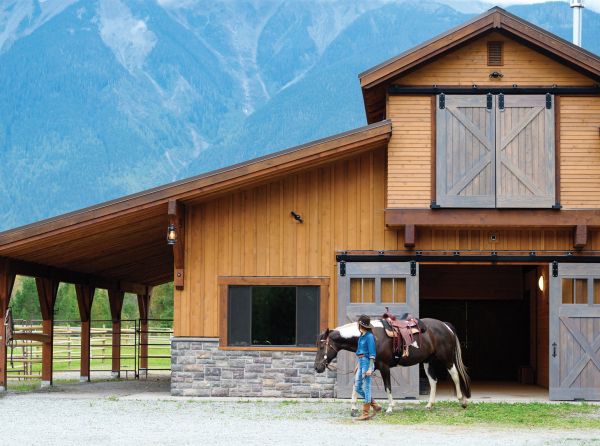By Margaret Evans
They move with the quiet, dogged obedience of an animal steeped in service, resigned to drudgery. But they hurt. Harness made of bits of wire, car tires, some string, and any other useful bit of garbage that meets a need rubs and chafes the skin leaving open wounds that turn septic and fill with maggots and the stench of infection.
Harness made from car tires, wires, and scraps of garbage leaves open sores on the chest of these working donkeys, who are receiving treatment at the DPT roadside clinic near Bulawayo. Photo: Courtesy of Simon Pope, SPANA
They stumble through the rutted, potholed streets of Bulawayo, Zimbabwe’s second largest city. Echoes of grander, Victorian times are etched in stately buildings. The wide boulevards are a legacy of British imperialist Cecil Rhodes after whom Rhodesia was named. The colony subsequently became Zambia in the north and Zimbabwe in the south. Rhodes instructed that the streets be wide enough to allow a wagoner to turn a span of oxen in mid-street without backing up.
Today, a donkey with a little cart cannot turn without having to negotiate crater-size holes. They struggle to pull carts with a few meagre supplies as their owners desperately try to earn just a few pennies a day to buy food for their families. For Bulawayo, located in the country’s southwest, is home to over a million people in crisis. Their dilemma is repeated throughout the country.
Under President Robert Mugabe’s brutal regime of corruption, greed, and torture, Zimbabwe is a shattered, dysfunctional land. A few decades ago the country was hailed as an African success story and dubbed the breadbasket of southern Africa.

A veterinary technician from Zimbabwe’s Donkey Protection Trust attends to an injured donkey at one of its roadside clinics. With petrol unaffordable for most people in Zimbabwe, the role of the donkey has become much more important in providing incomes for their owners. With many working long hours with little respite, the DPT and SPANA are providing a lifeline for donkeys and their owners alike. Photo: Courtesy of Simon Pope, SPANA
Now it is a basket case. Farming, once the backbone of Zimbabwe’s economy, has been devastated by a combination of drought, HIV/AIDS, and controversial land reforms. Currently 45 percent of the population is malnourished and 83 percent of the people live on less than $2 a day (U.N. Human Development Report).
There is 92 percent unemployment, rampant cholera, and unbelievable inflation. Prices for the few goods in the stores change three or four times a day. Since the Zimbabwean currency is basically worthless, bank notes in the trillions are constantly printed. It costs ten trillion Zimbabwean dollars to buy a newspaper. The education system has collapsed, the hospitals have no drugs or equipment, and, according to the World Health Organization, life expectancy is grim (43 years for women, 44 years for men).

British Conservative MP Roger Gale assists with the veterinary treatment of a working donkey that had been attacked with an axe in Zimbabwe. The donkey was the innocent victim of a dispute over land, which is becoming an increasing problem as smallholders fight for land use rights. Roger Gale was the guest of UK veterinary charity SPANA, which supports the increasingly crucial role played by working animals in Zimbabwe. Photo: Courtesy of Simon Pope, SPANA
So why, in the middle of all this devastation, would anyone care about a donkey?
“In Zimbabwe, the ownership of a working animal like a donkey is the one thing that can prevent a family from slowly spiralling into complete poverty,” said Jeremy Hulme, chief executive of the Society for the Protection of Animals Abroad (SPANA).
“A working donkey can provide that family with a livelihood. Yet veterinary care is unaffordable even if it is available at all. If a donkey falls sick or is injured, it can mean the difference between a family having food on the table that night or going to bed hungry. We’re not talking about a family pet here. In Zimbabwe, a working donkey is the means to sustain a family, safeguard its independence, and provide it with hope for the future. It’s their mobile bank account. What we are doing is supporting an asset that safeguards people.”
While animal welfare provision has really ceased to exist in the country save for the work of a few individuals, the Zimbabwean National Society for the Protection of Animals (ZNSPCA) still functions but the people running it have no equipment, no medicines, and no facilities.
Most of the intervention work is being done by the Donkey Protection Trust (DPT) which SPANA has supported for a number of years, the Matabeleland Horse Rescue, and the work of a number of committed individuals.
While the DPT’s annual costs are modest ($40,000 U.S.) their work providing veterinary care and education for donkey owners is remarkable especially given some of the dire recent developments.
Villagers from rural areas are migrating to towns desperately looking for work. To survive they are planting crops on communal land which is bringing them into conflict with local livestock owners.
“These new subsistence farmers are creating plots on communal lands where traditionally donkey owners have left their animals to graze,” explained Simon Pope, SPANA’s director of communications.
This donkey, one of many who were attacked with an axe near the town of Gweru, receives veterinary care. SPANA will be funding regular vet clinics and is looking at ways to bring the two sides in this land dispute together to find solutions to the problems.
This donkey, sick and injured by an axe in a land dispute, was not so lucky. While SPANA and the DPT are determined to save working animals from neglect, injury, and illness, this one was too badly hurt and it was sadly humanely destroyed. Photo: Courtesy of Simon Pope, SPANA
“This has led to serious conflict and these small-scale farmers have been attacking donkeys with axes and knives. We saw some horrendous injuries including multiple leg fractures and axe wounds. The challenge we have is to help stop this conflict. These are desperate people and we have to ensure the situation doesn’t descend into chaos.”
In addition to the plight of donkeys, SPANA has been helping individuals involved in horse rescues. After the farm invasions in the late 1990s and early 2000s when Mugabe orchestrated seizure of land from white owners, hundreds of farmers were forced to flee and leave their horses behind. Many were Thoroughbreds and they had been left to survive in the African bush where many became injured or were at risk to poachers and predators like lions. Farms are still being abandoned under pressure and horses continue to be rescued. They are being given refuge at the old Ascot racecourse and some of them are finding new homes in South Africa.
It would be easy to dismiss a failed state like Zimbabwe with its appalling power brokers if it were not for the astonishing resilience of the Zimbabweans. Through it all they are polite, cheerful, gentle, and optimistic. In the face of disease and starvation, they still have their pride.
It’s said that when a horse has a problem, he goes to a donkey for advice. This donkey, although his home is a public toilet, is very happy, and probably quite smart. He has a roof over his head to keep off the sun or rain, and he’s got water on tap thanks to a leaky faucet in the hand basin. What members of the public think when they go inside is another matter! Photo: Courtesy of Simon Pope, SPANA
“Normalcy has been suspended,” said Pope. “Yet home owners have tidy front gardens, even manicured lawns. The gravel is raked, the weeds pulled up, and the post-rains grass that has shot up is scythed. It’s extraordinary that in a country teetering on the edge of complete dysfunction, society holds together to such an extent that, on waking up each morning, some people think the most important thing to do is make sure the grass gets cut.”
Maybe it’s a way to avoid facing up to how bad things have become and to carry on. For desperately poor farmers and their donkeys, they too must carry on. And they must avoid the bumps in the road as they navigate through the worst economic pothole of their lives.
For more information on SPANA or how to help the organization meet its goals and provide care to working animals and their owners, visit www.spana.org, email hq@spana.org, or write to them at:
SPANA, 14 John Street, London, England, WC1N 2EB.
Main photo courtesy of Simon Pope, SPANA - A sick donkey recovers at the DPT refuge near Bulawayo, Zimbabwe. SPANA is appealing for funds to enable the DPT to continue its vital work, and to fund a series of clinics in one of the most badly affected areas.



